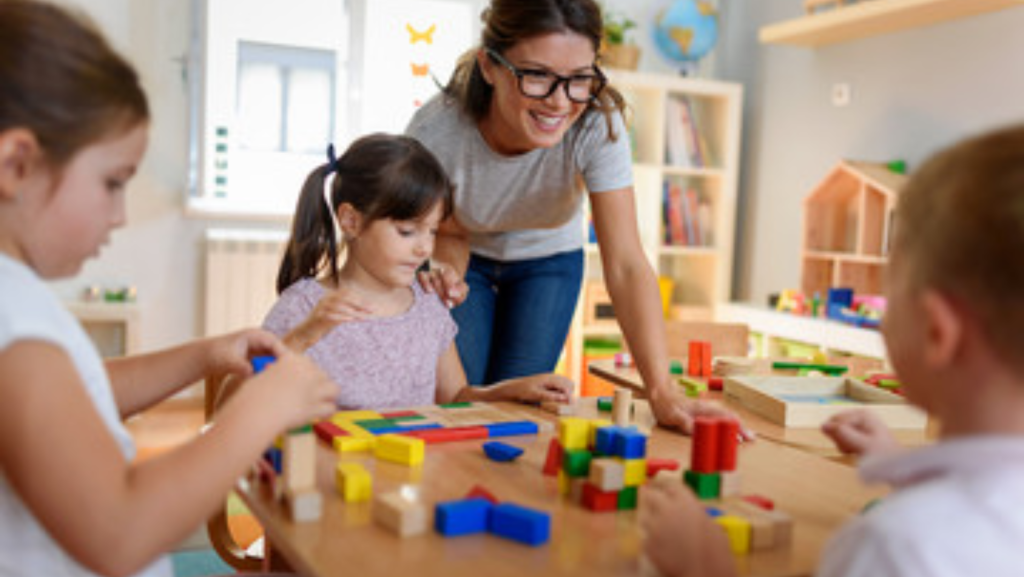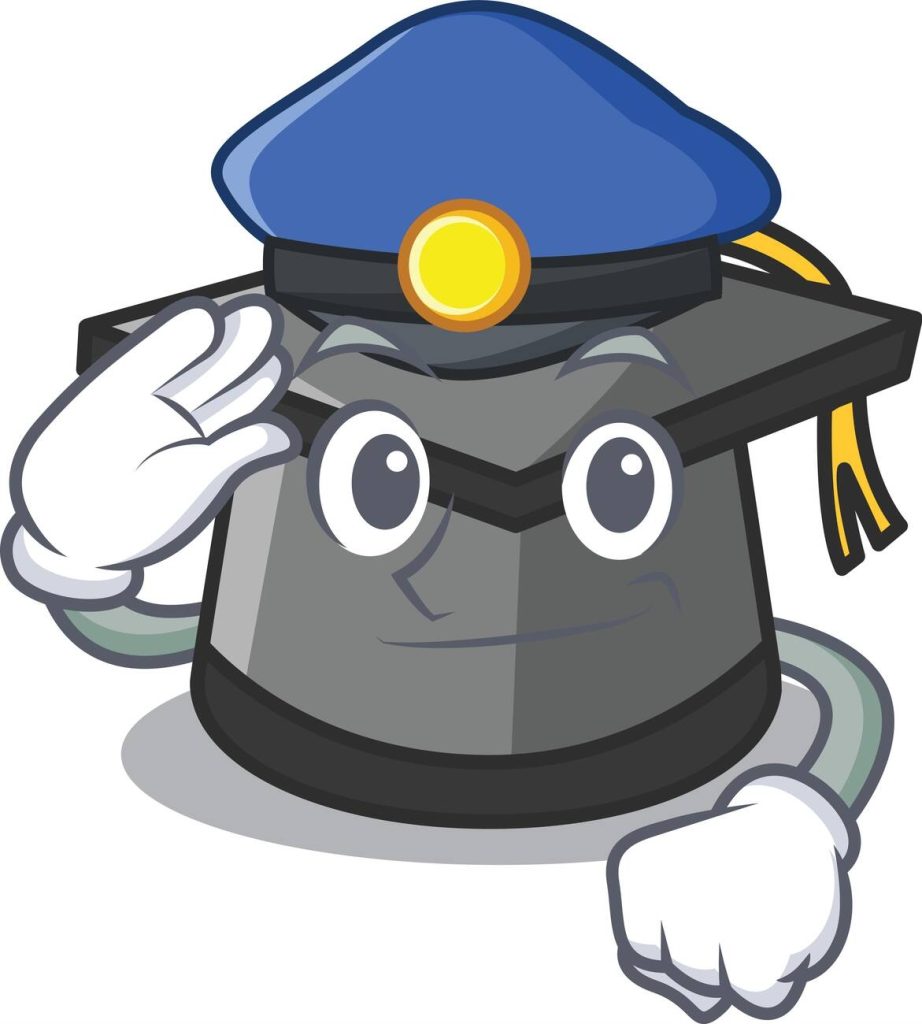In kindergarten, you’ll be amazed at what your child learns. They’ll develop language and literacy skills, mastering the basics of reading and writing. They’ll also tackle mathematical concepts, building a solid foundation for future learning. But it’s not just academics – kindergarten is where they’ll learn important social and emotional skills, as well as fine motor skills and hand-eye coordination. And let’s not forget about their creative side – they’ll have plenty of opportunities for self-expression and exploration. Kindergarten is a time of incredible growth and discovery for your child.
Language and Literacy Development
In kindergarten, you will develop language and literacy skills through various activities and exercises. One of the key areas of focus will be on vocabulary acquisition. As a kindergartener, you will be exposed to a wide range of words and their meanings. Through daily interactions, reading books, and engaging in language-rich activities, you will expand your vocabulary and learn how to use words in context.
Another important aspect of language and literacy development in kindergarten is reading readiness. During this time, you will begin to develop the foundational skills needed for reading comprehension. You will learn how to recognize and name letters, understand their sounds, and blend them together to form words. Through guided reading exercises, you will also start to develop an understanding of basic story elements, such as characters, settings, and plot.
Throughout your kindergarten journey, you will be encouraged to engage in language-rich activities that promote vocabulary acquisition and reading readiness. By participating in these activities, you will develop strong language and literacy skills that will lay the foundation for future academic success. So get ready to embark on an exciting learning journey filled with words, stories, and endless possibilities!
Mathematical Concepts and Skills
Developing mathematical concepts and skills in kindergarten involves exploring numbers, shapes, and patterns through hands-on activities and interactive learning experiences. Here are four key areas of focus in kindergarten math:
- Number recognition: Kindergarteners learn to identify and name numbers from 0 to 20, both in written form and through counting objects. They also practice counting forward and backward to reinforce number sequence.
- Counting: Counting is a fundamental skill in kindergarten math. Children learn to count objects, starting with one-to-one correspondence and gradually progressing to counting groups of objects. They also practice skip counting, such as counting by twos or fives.
- Basic addition: Kindergarteners begin to understand the concept of addition by combining sets of objects. They use hands-on materials, such as counters or manipulatives, to physically represent addition. They also learn basic addition facts, such as sums up to 10.
- Shapes and patterns: Kindergarten math introduces various 2D and 3D shapes. Children learn to recognize and name shapes like circles, squares, triangles, and rectangles. They also explore patterns, such as repeating color or shape sequences, and create their own patterns using manipulatives.
Social and Emotional Skills
Kindergarten also focuses on fostering social and emotional skills in young children. In kindergarten, your child will learn important skills such as self-regulation and empathy. Self-regulation refers to the ability to control and manage one’s own behavior, emotions, and impulses. Through various activities and exercises, your child will learn how to calm themselves down when they are upset, how to wait their turn, and how to follow rules and routines. These skills are essential for your child’s overall development and will help them succeed both academically and socially.
Empathy, on the other hand, is the ability to understand and share the feelings of others. In kindergarten, your child will learn how to recognize and express their own emotions, as well as how to identify and respond to the emotions of their peers. They will engage in activities that promote empathy, such as role-playing, storytelling, and group discussions. By developing empathy, your child will learn how to build positive relationships, resolve conflicts, and show kindness and compassion towards others.
Fine Motor Skills and Hand-Eye Coordination
Through engaging activities and targeted exercises, your child will refine their fine motor skills and hand-eye coordination in kindergarten. Here are four ways in which they will develop these important abilities:
- Writing and Drawing: Kindergarten provides ample opportunities for your child to practice holding a pencil or crayon and controlling their hand movements. From tracing letters and shapes to drawing pictures, these activities will help improve their fine motor skills and hand-eye coordination.
- Manipulative Play: Activities such as building with blocks, stringing beads, and completing puzzles require your child to use their fingers and hands in precise ways. By manipulating objects and fitting pieces together, they will develop their fine motor skills and hand-eye coordination.
- Cutting and Gluing: Kindergarten often involves arts and crafts projects that involve cutting paper and gluing pieces together. These activities require your child to use scissors and glue sticks, which helps improve their hand-eye coordination and fine motor skills.
- Play with Manipulatives: Kindergarten classrooms are typically filled with various manipulatives like playdough, buttons, and small toys. Through play, your child will practice manipulating these objects, which helps strengthen their fine motor skills and hand-eye coordination.
Creative Expression and Exploration
Nurture your child’s imagination and curiosity through engaging in creative expression and exploration in kindergarten. This stage of education promotes artistic development and self-expression, allowing children to unleash their creativity and express themselves through various forms of art. By encouraging your child to explore different art materials and techniques, they can develop their fine motor skills and hand-eye coordination while also expressing their thoughts and emotions.
Kindergarten also emphasizes imaginative play, which plays a crucial role in a child’s problem-solving skills. Through imaginative play, children can explore different scenarios and roles, allowing them to think critically and find creative solutions to various challenges. Whether it’s pretending to be a doctor, a firefighter, or a chef, children learn to think outside the box and develop their problem-solving abilities.
In addition to problem-solving skills, creative expression and exploration in kindergarten also foster social and emotional development. Through art and imaginative play, children learn to express their feelings, understand the perspectives of others, and work collaboratively with their peers. This not only enhances their communication and social skills but also promotes empathy and understanding.




